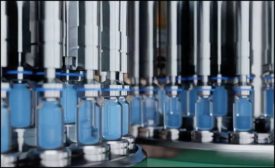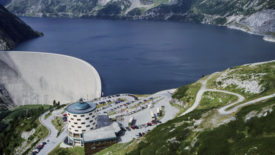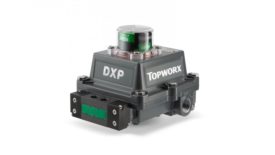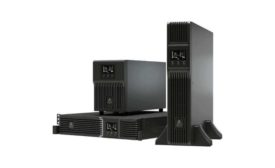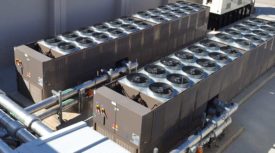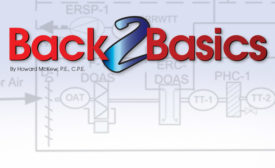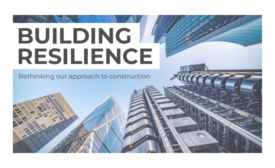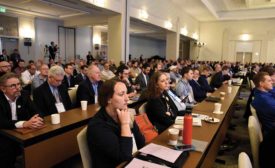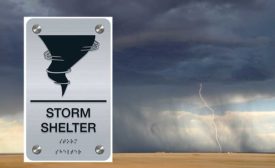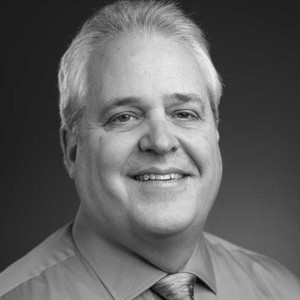Home » Keywords: » critical facilities
Items Tagged with 'critical facilities'
ARTICLES
There is more to consider than just the design/selection of the actual HVAC equipment
Read More
Research team monitors critical infrastructure using navigation satellites
Team develops a satellite-based method for the static and dynamic monitoring of critical infrastructure
January 9, 2024
Air-Cooled Chillers Are Back in Data Centers, and They Mean Business
After years of chasing the attractive efficiency numbers offered by water-based evaporative systems, many data center providers are giving air-cooled chillers a second look.
May 9, 2020
ES Roundtable: University Leaders Examine the Present State and Future of Institutional Sustainability
The opening session of the Campus Energy 2020 event showcased how American universities are adjusting to a decarbonized future.
April 9, 2020
Storm (Tornado) Shelters for K-12 Schools -- Considerations
Mechanical, electrical, plumbing, and fire protection design for storm shelters at a school facility require considerations outside the normal facility design parameters and thoughts.
March 23, 2020
Be in the forefront of the mechanical engineering industry!
Join thousands of professionals today. Shouldn’t you know what they know?
JOIN NOW!Copyright ©2024. All Rights Reserved BNP Media.
Design, CMS, Hosting & Web Development :: ePublishing
